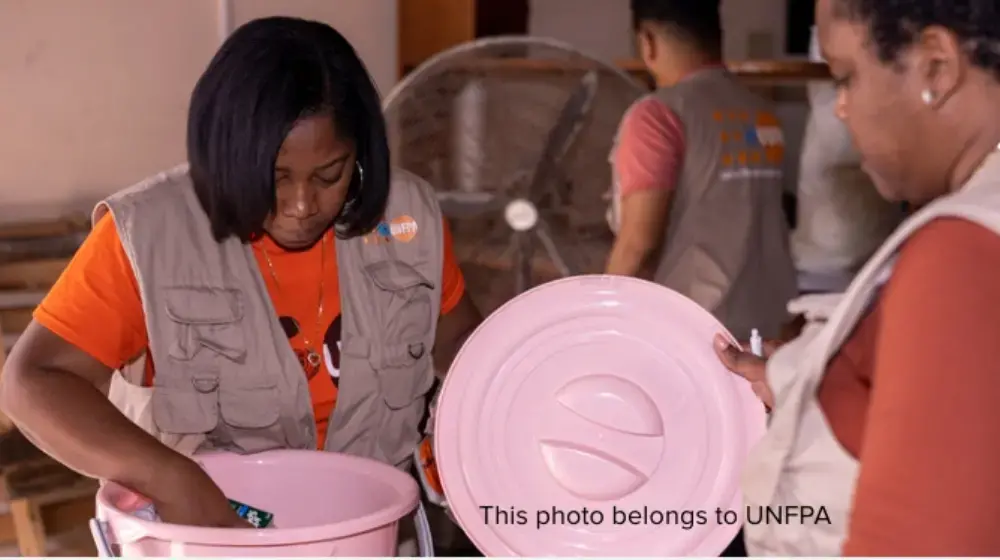UNFPA's Barbados Liaison Office with the support of the Ministry of Education in Grenada provided enabling technological and knowledge infrastructure requirements to support the re-tooling and upskilling of teachers across these two territories to assist them with how to address the root causes of gender based violence (GBV) scenarios and by effectively utilizing Comprehensive Sexuality Education (CSE) principles. The workshop, which was conducted in November was facilitated via Zoom and a total of eighteen teachers were trained as part of the pilot stage of this initiative.
Dr. Nicolette Henry, CSE Consultant for UNFPA's Sub-Regional Office, presented on the Implementation of the HFLE programme addressing the root causes of GBV by using CSE principles. Comprehensive sexuality education is a curriculum-based process of teaching and learning about the cognitive, emotional, physical and social aspects of sexuality. It aims to equip children and young people with knowledge, skills, attitudes and values that will empower them to realize their health, well-being and dignity; develop respectful social and sexual relationships; consider how their choices affect their own well-being and that of others; and understand and ensure the protection of their rights throughout their lives.
CSE is a valuable educational tool as many youths receive confusing and conflicting information about relationships and sex, as they make the transition from childhood to adulthood. CSE empowers young people to make informed decisions about relationships and sexuality and navigate a world where gender-based violence (GBV), gender inequality, early and unintended pregnancies, HIV and other sexually transmitted infections (STIs) still pose serious risks to their health and well-being.





